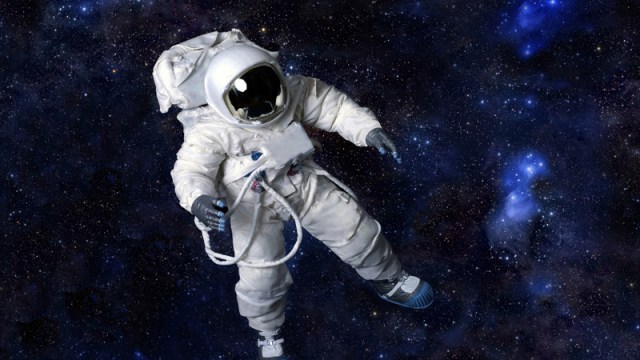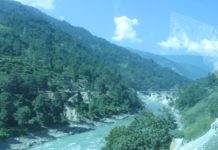As the world continues to evolve, the current state of humanity on Earth is becoming increasingly uncertain. This is an oversimplification of the human condition and the motivations that have enabled us to become the dominant species in the world. To ensure that we remain that way, it is essential to invest in space exploration.
This has resulted in the development of a variety of technologies that are beneficial to the economy and to the quality of life on Earth. For example, without space programs, there would be no GPS, no precise weather forecasting, no solar cells, and no ultraviolet filters for sunglasses or cameras. Additionally, medical research in space has the potential to cure diseases and extend human life, which cannot be accomplished on Earth. Therefore, space exploration has the potential to save lives.
Speaking of life, space exploration has the potential to save all of our lives. Although the solar system has become more tranquil since the early ages, there are still a large number of potentially hazardous comets and asteroids that could collide with the planet, potentially making the coronavirus pandemic a thing of the past. It is no longer a question of if, but when, another large asteroid will impact Earth. The only way to deflect such an object is through a robust space program. If we are not working towards that goal, then humanity has already reached its expiration date. To test one potential method of protecting Earth from an asteroid impact, NASA is currently developing plans to launch a spacecraft to run into an asteroid.
As the population continues to grow exponentially, the pressure on our natural resources increases. Mining of precious minerals has caused a variety of issues, such as environmental degradation and human exploitation. However, there is an abundance of precious materials in outer space. AstroForge, for example, proposes to mine asteroids rather than Earth, which would result in an almost limitless supply of raw materials, which are scarce on Earth.
Humans have always had a passion for the sky. They’re always looking for new places to explore, new things to discover, and to push the limits of science and technology. This desire to explore has been good for us for centuries, and it’s still going strong today. Human space exploration helps us figure out how we fit into the Universe and what’s going on in our Solar System. By tackling the challenges of human space exploration, we’re expanding technology, creating new businesses, and helping to build a better relationship with other countries. Curiosity and exploring are essential for the human spirit, and by taking on the challenge of getting deeper into space, we’ll be inviting today’s and tomorrow’s citizens to join NASA.
Space exploration can be a powerful tool for engaging students in a range of ways. It can not only provide an opportunity to explore the universe, but can also foster critical thinking, creativity, and problem-solving skills. Additionally, it can be used to explore different cultures and societies, allowing students to gain an understanding of how different civilizations have developed over time. Furthermore, space exploration can help to promote diversity and global understanding, as well as teach students about conservation and sustainability. Finally, it can motivate students to pursue their own dreams, as they learn about the accomplishments of astronaut and other space explorers.
For decades, the field of space exploration has been a source of inspiration for generations of scientists, and this continues to be the case today. As technology progresses, more and more individuals are becoming aware of the potential of space exploration and its ability to make a positive impact on the world. In recent years, the public has been increasingly exposed to space exploration, with organizations such as NASA and SpaceX, as well as Blue Origin, actively striving to make the field more accessible and exciting. This has resulted in a surge in interest in space exploration among young people.
The emergence of space exploration-related educational programs has also been a major factor in the growth of the field. Schools and universities are now offering space exploration courses, allowing students to gain a better comprehension of the science behind the field and to acquire the necessary skills to pursue a space-related career.
If we don’t want to follow in the footsteps of the dinosaurs, we’ll need to protect ourselves from the risk of being struck by a large asteroid. According to NASA, a large rock or iron asteroid roughly equivalent to a football field could impact our planet’s surface every 10,000 or so years, potentially causing tidal waves large enough to flood coastal areas. However, it’s the bigger monsters — asteroids measuring 328 feet or more in diameter — that we really need to worry about. Such a collision would result in a firestorm of hot debris that would fill the atmosphere with a cloud of sun-blocking dust. This would destroy forests and farm fields, as well as starve any life that wasn’t killed instantly.
By: Fardeen Arafat Nihaal
Write and Win: Participate in Creative writing Contest & International Essay Contest and win fabulous prizes.
















